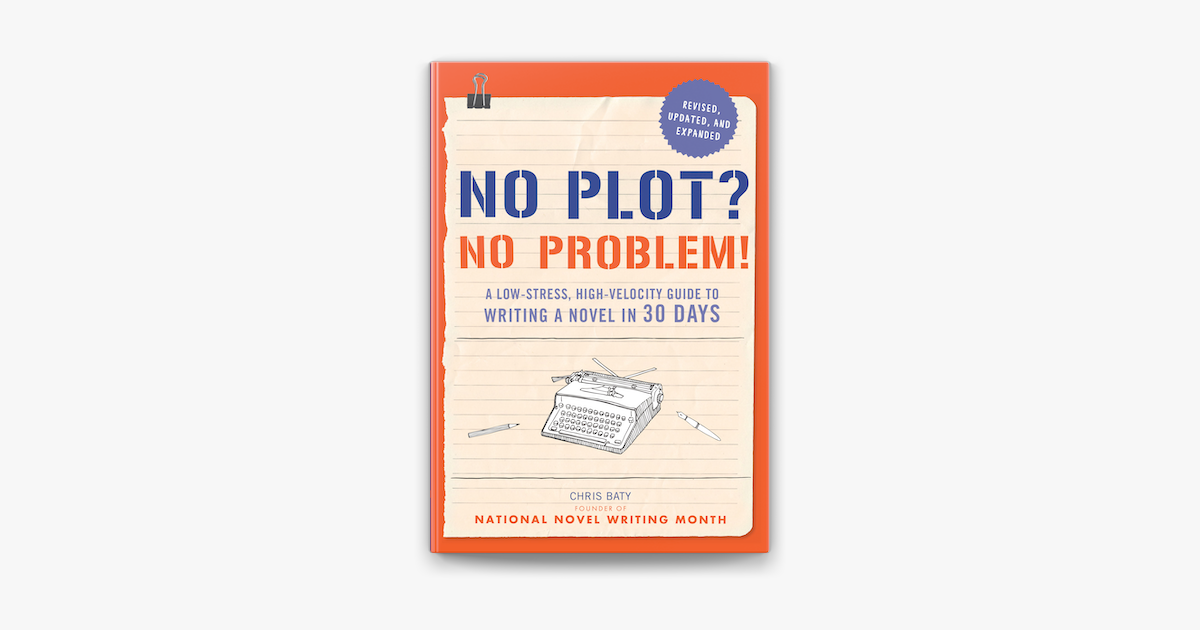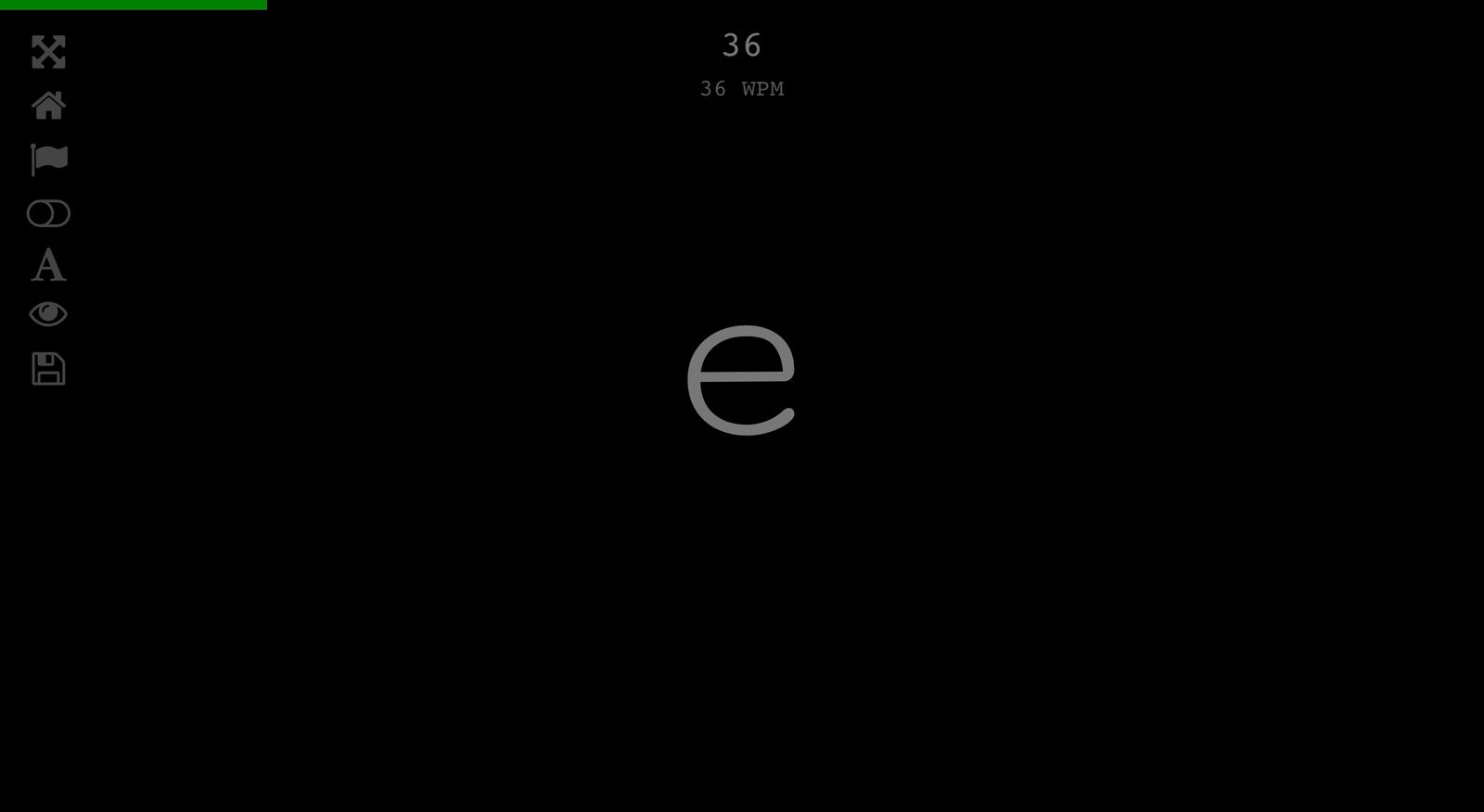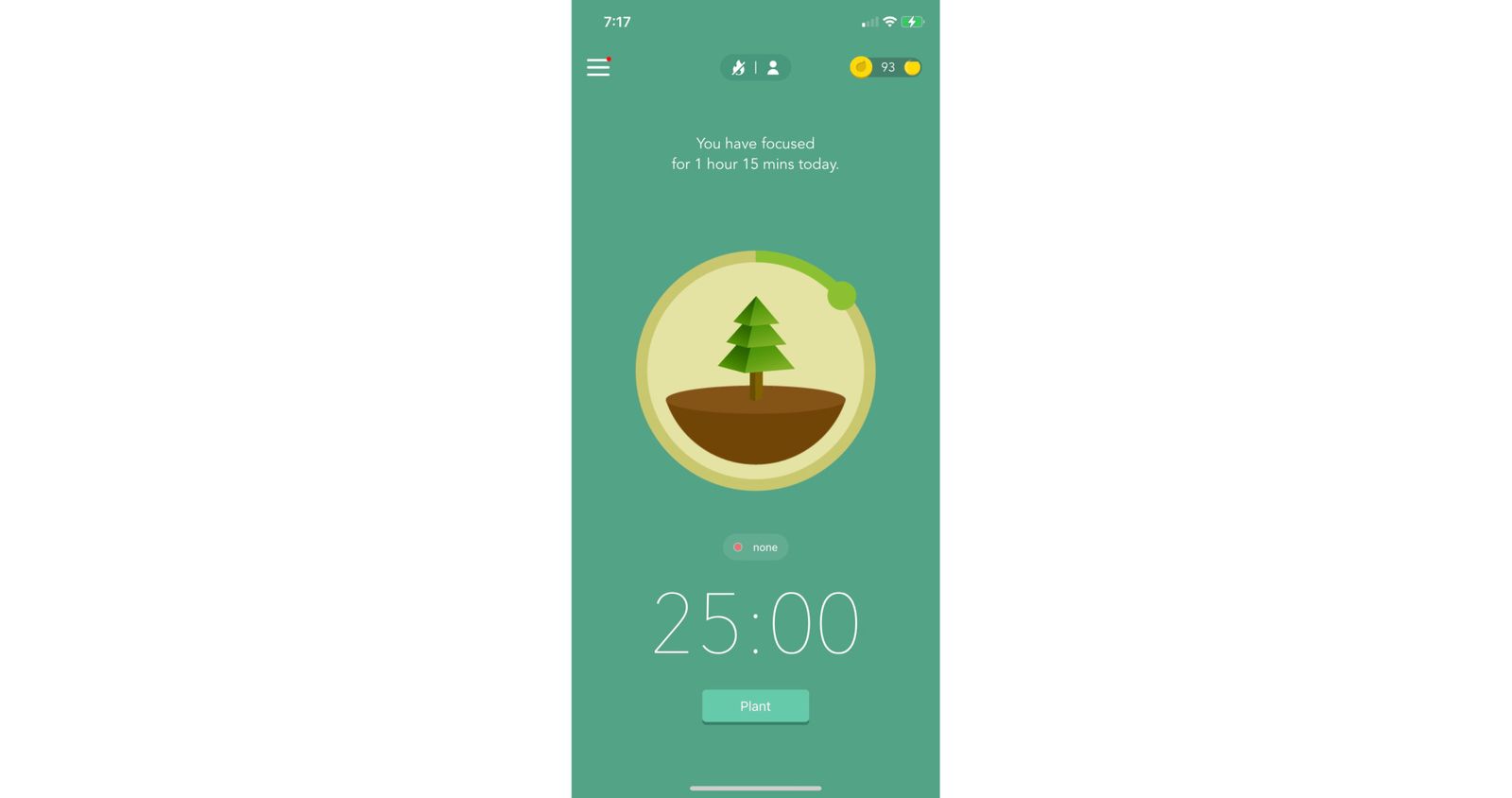Last week, after misnumbering the newsletter, I hadn’t realize that I crossed my first milestone of ten newsletters!
When I started this, I wanted to share useful ideas, apps, and advice that have either helped me along my writing journey or that I think may help yours. Sure, some things like the book of cheese may not really help, but it allows us to consider the edges. Even my obsession with A.I. is fuelled by what writing might be like a few years from now and what challenges a creative person might face.
When I began, my biggest worry was whether there’d be a return on investment—would the time I spent building the newsletter equal the subscriber list. Despite the audience being still small, I’ve found joy in doing the work.
I don’t know what my next milestone should be (20? 25? 50?), but whatever it is, I hope my joy of sharing these links gives you some curious entertainment for more Sundays to come.
November is NaNoWriMo, the National Novel Writing Month, a yearly challenge to write 50,000 words of a novel over thirty days.
What’s beautiful about this scary but simple endeavour is that a whole community and organization has gathered to help each other complete the goal.
I’ve only participated once, but I credit the book No Plot, No Problem written by Chris Baty, the founder of NaNoWriMo, for finally getting me out of my 15-year slump of not writing.
 No Plot, No Problem by Chris Baty
No Plot, No Problem by Chris Baty
I’ve talked about Morning Pages and The Artist’s Way by Julia Cameron before, but it’s always good to share it again.
I discovered Cameron’s book back when I was stuck and worked my way through the 12-week program to unlock my creativity. I find the material a little too spiritual for my liking, but many concepts like Morning Pages have stuck with me through the years.
Morning Pages is the practice of writing three handwritten pages every day as soon as you get up—a stream of consciousness that isn’t to be corrected.
For me, the process of emptying my thoughts on the page is meditative, a way of straightening out the jumble of ideas in my head in a straight unbroken line. Sure, it’s often a mess, and I feel like I’m stumbling in the dark with a broken flashlight trying to find something to write about, but occasionally I get moments of insight that guide my day.
One of the significant challenges of writing is fear and doubt. We don’t think our words are good enough, that the sentences are wrong and need to fix everything.
If the habit of Morning Pages is to help us trust our words, then Ilys is the writing app to make it happen.
Ilys isn’t your typical word processor. It only allows forward motion towards your writing goal. What does that mean? No deleting, not correcting. And you’re not even allowed to see your writing until after you completed your word count.
Is it stressful? Kind of, yeah. But once you fall into the flow, it becomes incredibly freeing. It gets rid of perfect and replaces it with doing the work.
 Yup, that’s it: the workspace of Ilys.
Yup, that’s it: the workspace of Ilys.
As of late, Forest is my go-to app for writing.
Built on the idea of the Pomodoro technique, what has made it my favourite are the white noise options that you can play while working.
Often, many of these apps loop their sounds, and once you notice the pattern, it becomes very distracting. Forest seems to have corrected this by layering its sounds at varying times.
Unfortunately, many of the sounds are locked until you receive enough coins to purchase them, which can be earned using the app. Thankfully, I didn’t mind Forest Rain until I could get Night Forest and my favourite Sandy Beach.
 The interface of Forest.
The interface of Forest.
Time blocking is a way to get your important stuff done.
For the longest time, I was all about the to-do list and nothing else. I am completely in love with the app Things 3 to keep me on track of what needs to be done.
But my big goals were slipping through the cracks. I’d do the easy stuff and not get to the stuff that I wanted out of life.
Time blocking changed all this. Now, every morning, I open my calendar and schedule everything. I start with my big goals, like writing the book, and then fill in the small items in between.
Cal Newport popularized the idea in his book Deep Work, but I was reminded of it in Nir Eyal’s Indistractable (even though it took me nearly a half year before I started using it).